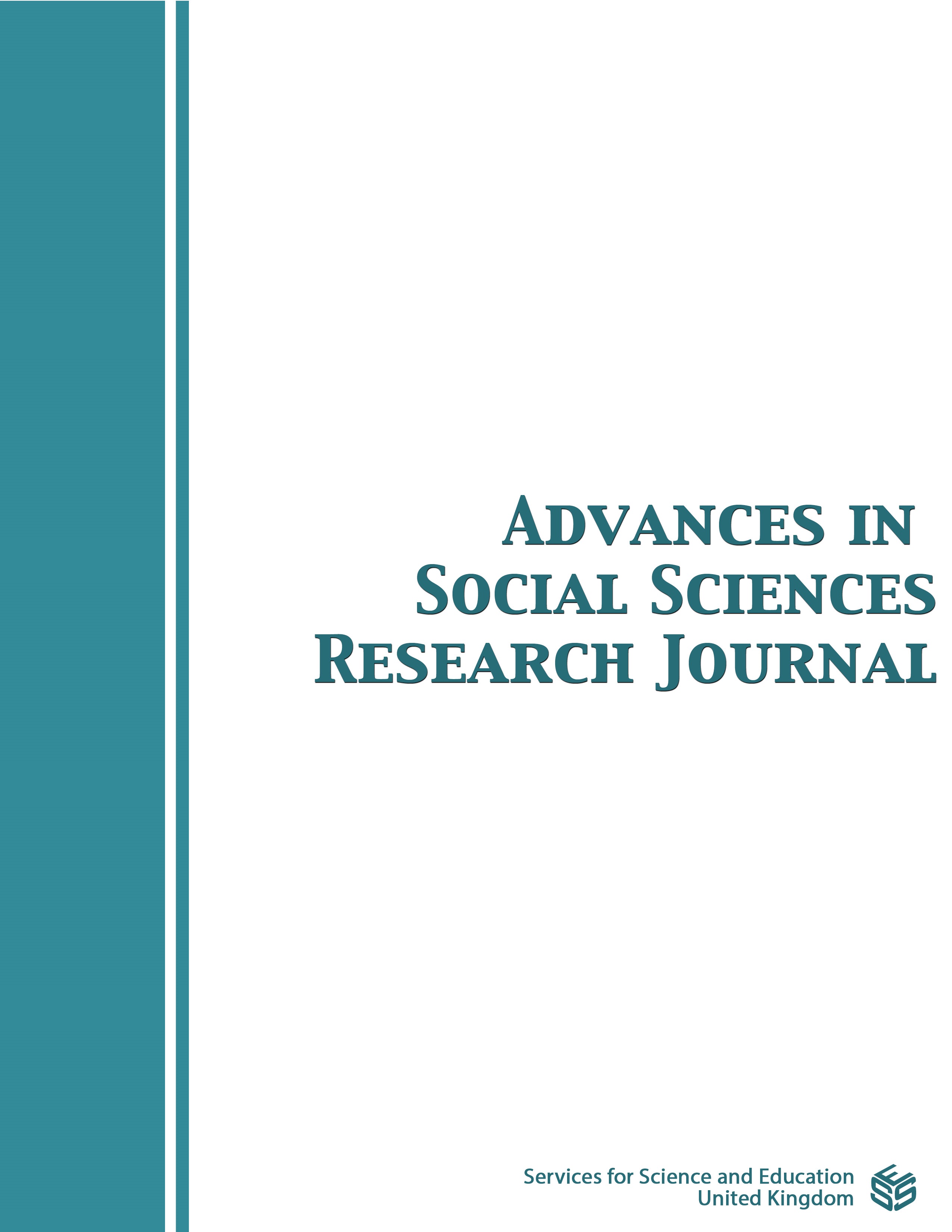A Decade-Long Roadmap to Understanding and Accommodating IB Students at a Japanese National University
DOI:
https://doi.org/10.14738/assrj.1011.15796Keywords:
IB Education, Japanese Higher Education, Student feedback, Student Support, Global mindednessAbstract
Okayama University is a Super Global National University in Japan that introduced IB admissions in 2012 and proudly celebrates 11 years this year. As of April 2023, 122 IB students from IB schools in Japan and abroad have enrolled in 10 Faculties and 1 International Program. During the first decade of IB admissions, Okayama University gradually transitioned into one of the most IB-friendly Universities in Japan, not only among prospective IB students but also their family members and IB college counselors. A significant reason for this was due to the efforts put in by Okayama University to continuously obtain feedback from enrolled IB students regarding their needs, their hurdles, and their suggestions on how to improve their academic and campus lives. Student support and student voices merged as powerful resources for Okayama University to improve the overall condition of IB students from entry to graduation and created a robust platform for welcoming prospective IB students, who became Okayama University’s brand ambassadors following admission. Successful IB admissions result from a balance between what Universities have to offer IB students and what IB Students want. This paper will include a detailed description of the changes made by Okayama University regarding modifying IB admission guidelines, strengthening the IB student support system, and establishing the IB Office to better cater to IB student needs. Other highlights will emphasize the importance of understanding IB student backgrounds, IB education, and IB research by University representatives to make admission policies compatible with global higher education standards from the hands-on experience of Faculty members at Okayama University.
Downloads
Published
How to Cite
Issue
Section
License
Copyright (c) 2023 Mahmood Sabina

This work is licensed under a Creative Commons Attribution 4.0 International License.
Authors wishing to include figures, tables, or text passages that have already been published elsewhere are required to obtain permission from the copyright owner(s) for both the print and online format and to include evidence that such permission has been granted when submitting their papers. Any material received without such evidence will be assumed to originate from the authors.






